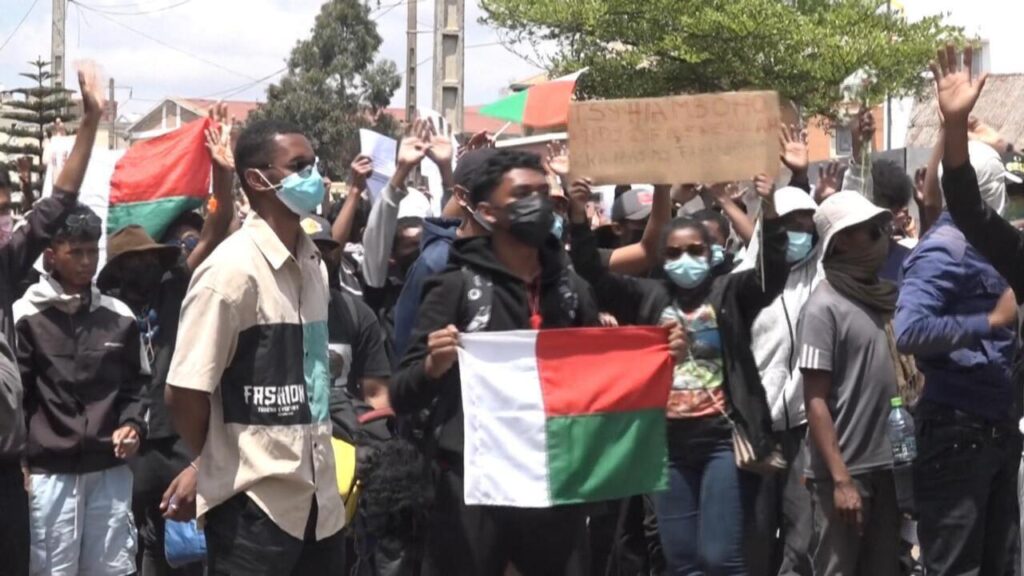Madagascar’s President Andry Rajoelina has announced plans to hold a national dialogue with key stakeholders following mounting pressure from youth-led protests that have rocked the country since late September. The demonstrations, which began over water and electricity shortages, have evolved into a broader movement calling for the president’s resignation and sweeping political reforms.
In a Facebook statement on Tuesday, Rajoelina urged unity and cooperation to tackle what he described as “evils” of corruption and poverty. “Together, we must unite to fight against these evils and to build a new society founded on solidarity and mutual respect,” he said, adding that the upcoming national dialogue would bring together spiritual leaders, students, and youth representatives to address the public’s concerns.
The announcement came just days after Rajoelina appointed Army General Ruphin Fortunat Zafisambo as the new prime minister, following the dismissal of his cabinet—a move aimed at easing tensions. However, protesters swiftly dismissed the reshuffle as a “cosmetic manoeuvre,” insisting that it failed to address their core grievances.
The protests, inspired by the Gen Z movements in Kenya and Nepal, represent the largest wave of civil unrest in Madagascar in recent years. They reflect growing frustration among young citizens over the government’s handling of basic services, economic inequality, and allegations of entrenched corruption.
Despite a noticeable drop in turnout during Tuesday’s demonstrations dozens compared to hundreds in previous weeks—tensions remain high. The United Nations has reported that at least 22 people have died and 100 others injured since the protests began, figures the government disputes.
Protest leaders have issued a 48-hour ultimatum for Rajoelina to accept their demands or face a nationwide strike. Whether the president’s call for dialogue will calm the unrest or further inflame it remains to be seen as Madagascar confronts one of its most serious political challenges in years.

